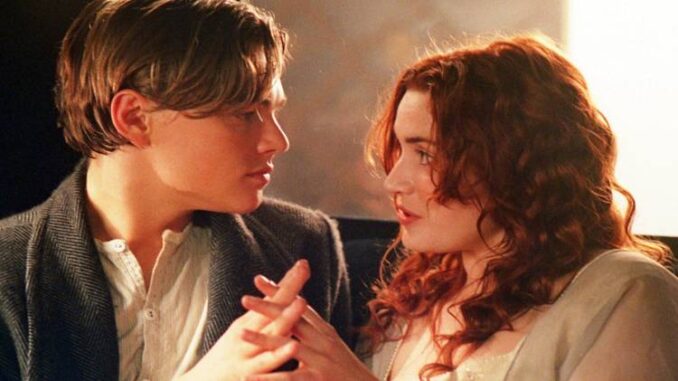
The Underdog Beneath the Iceberg: The Unexpected Reason Kate Winslet Was Almost Rejected for Titanic
The year was 1996. The world was on the cusp of "Titanic" mania, a cultural phenomenon that would rewrite box office records and cement its cast into cinematic history. Yet, amidst the swirling anticipation and meticulous casting process, a young, fiery-haired British actress named Kate Winslet found herself facing an unexpected obstacle, an ironic twist of fate that threatened to sink her chances of securing the role of Rose DeWitt Bukater: her very name.
It wasn’t her acting chops. Winslet, already a rising star with acclaimed performances in "Heavenly Creatures" and "Sense and Sensibility" under her belt, had impressed director James Cameron with her raw talent and undeniable screen presence. She possessed the vulnerability and inner strength that Cameron envisioned for the spirited Rose, a woman trapped within the gilded cage of societal expectations. However, according to legend, and accounts from casting directors at the time, the studio initially hesitated. They wanted a "Kate."
The problem? Kate Winslet was, well, already a Kate. The studio, supposedly fearing market confusion, sought a Kate with a more distinctly "American" surname. The thinking was that a lesser-known actress with a familiar, easily pronounceable American-sounding name would be more palatable to the American audience, potentially widening the film's appeal. The logic, flawed as it may seem in retrospect, was rooted in the studio's desperate hope for a guaranteed box office success.
This anecdote illuminates a crucial, often overlooked aspect of Hollywood's inner workings. Behind the artistic vision and creative collaborations lies a complex web of marketing strategies and box office calculations. Casting decisions, even for roles as pivotal as Rose, are rarely solely based on talent and suitability. Studio executives, driven by profit margins and perceived audience biases, often wield significant influence, sometimes pushing for names they believe will resonate better with target demographics.
The thought of replacing Winslet based solely on her surname, a quirk of fate entirely beyond her control, highlights the sometimes absurd pressures and arbitrary anxieties that plague the industry. It underscores the challenge faced by actors who, despite possessing the talent and dedication, must navigate a system riddled with subjective preferences and superficial criteria. Imagine the irony: a film about overcoming societal barriers, almost jeopardized by the very same.
Thankfully, Cameron, known for his unwavering vision and relentless pursuit of perfection, reportedly stood his ground. He recognized the unique qualities Winslet brought to the character and refused to compromise. He understood that Rose was more than just a pretty face; she was a complex, layered character requiring an actress capable of conveying both her fragility and her resilience. He saw in Winslet the very essence of Rose, a woman yearning for freedom and authenticity, a spirit that transcended geographical boundaries and the limitations of a surname.
In the end, Cameron's conviction prevailed, proving that sometimes, talent can overcome even the most bizarre of obstacles. "Titanic" launched Kate Winslet into superstardom, silencing any doubts about her suitability for the role and proving that her name, far from being a liability, became synonymous with cinematic greatness. The story serves as a powerful reminder that beneath the glitz and glamour of Hollywood, there are often hidden battles waged, and that sometimes, the unexpected reasons for near-rejection can be as fascinating as the success stories themselves. It is a testament to the power of talent, the courage of artistic vision, and the enduring legacy of a woman who, despite the odds, rose above the iceberg of Hollywood expectations and became the Rose we all know and love.